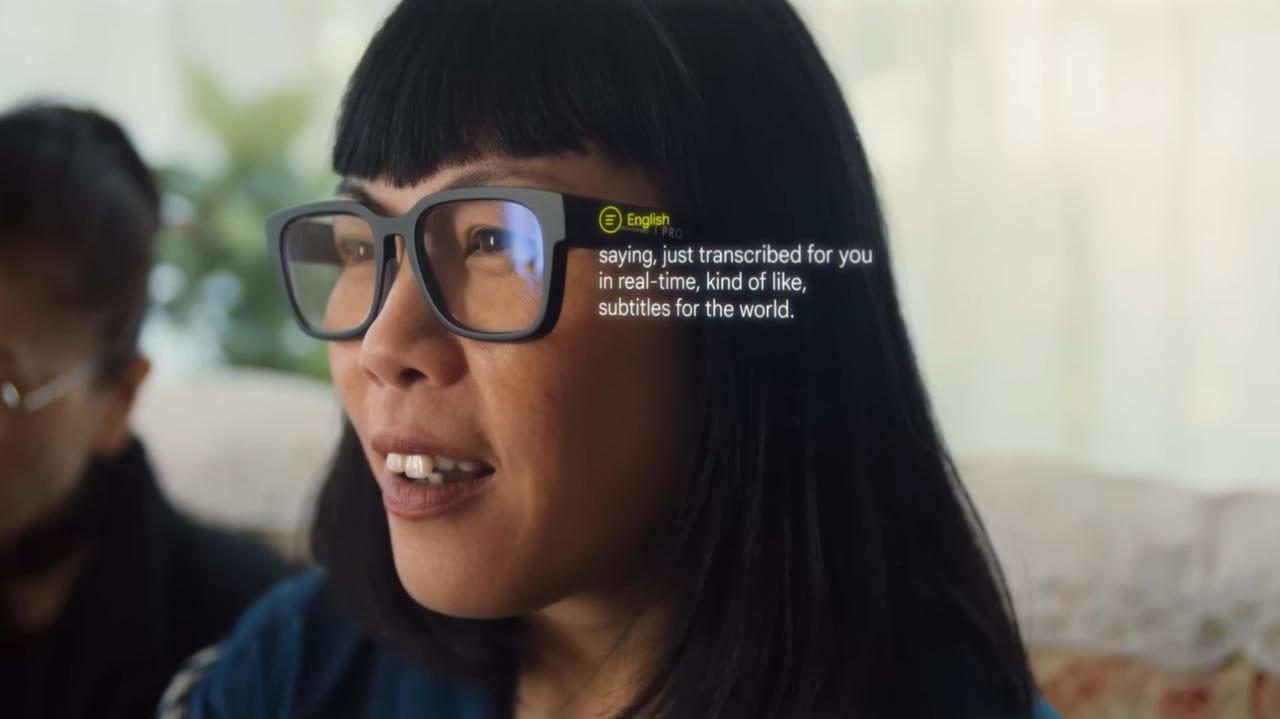
Google showcased its latest innovation, the "Universal Translator." at the Google I/O conference. This cutting-edge translation service has the remarkable ability to seamlessly convert video content into more than 300 hundred languages, all while synchronizing the speaker's lips to match the translated words. Google's success in AI technology promises to revolutionize the way we communicate and bridge linguistic barriers like never before.
What is It?
The Universal Translator is a testament to the recent advancements in artificial intelligence and machine learning. Leveraging Google's powerful algorithms and extensive language data, the system analyzes the visual and audio components of a video, enabling real-time translation of the spoken language. Not only does it accurately interpret the words, but it also renders them in a way that matches the speaker's mouth movements, delivering a natural and immersive translation experience.
The potential applications of such a transformative technology are vast. It opens up new horizons for international collaboration, entertainment, and global communication. Business meetings, conferences, and even educational lectures can now transcend language barriers, as the Universal Translator enables participants to understand and engage with content in their preferred language.
What are the major concerns?
However, with such groundbreaking progress comes a need for caution. The unveiling of the Universal Translator also shed light on the inherent risks associated with AI-driven advancements. "Issues such as potential misinterpretation, loss of nuance, or even intentional manipulation of translated content underscore the necessity for robust safeguards and responsible implementation," reported Tech Crunch.
Google, in its commitment to ethical AI development, emphasized the importance of addressing these risks proactively. They acknowledged the need for comprehensive testing, ongoing refinement, and collaboration with experts in language, linguistics, and cultural studies. By taking a cautious and responsible approach, Google aims to mitigate the potential hazard and ensure that the Universal Translator remains a force for positive change.
The big takeaway
In short, as Google continues to push the boundaries of what is possible with AI, the Universal Translator stands as a testament to the transformative potential of technology in our ever-expanding globalized world. It will serve to bring people from the farthest land, speaking all kinds of language, together on one platform for business, education, fun and more.






